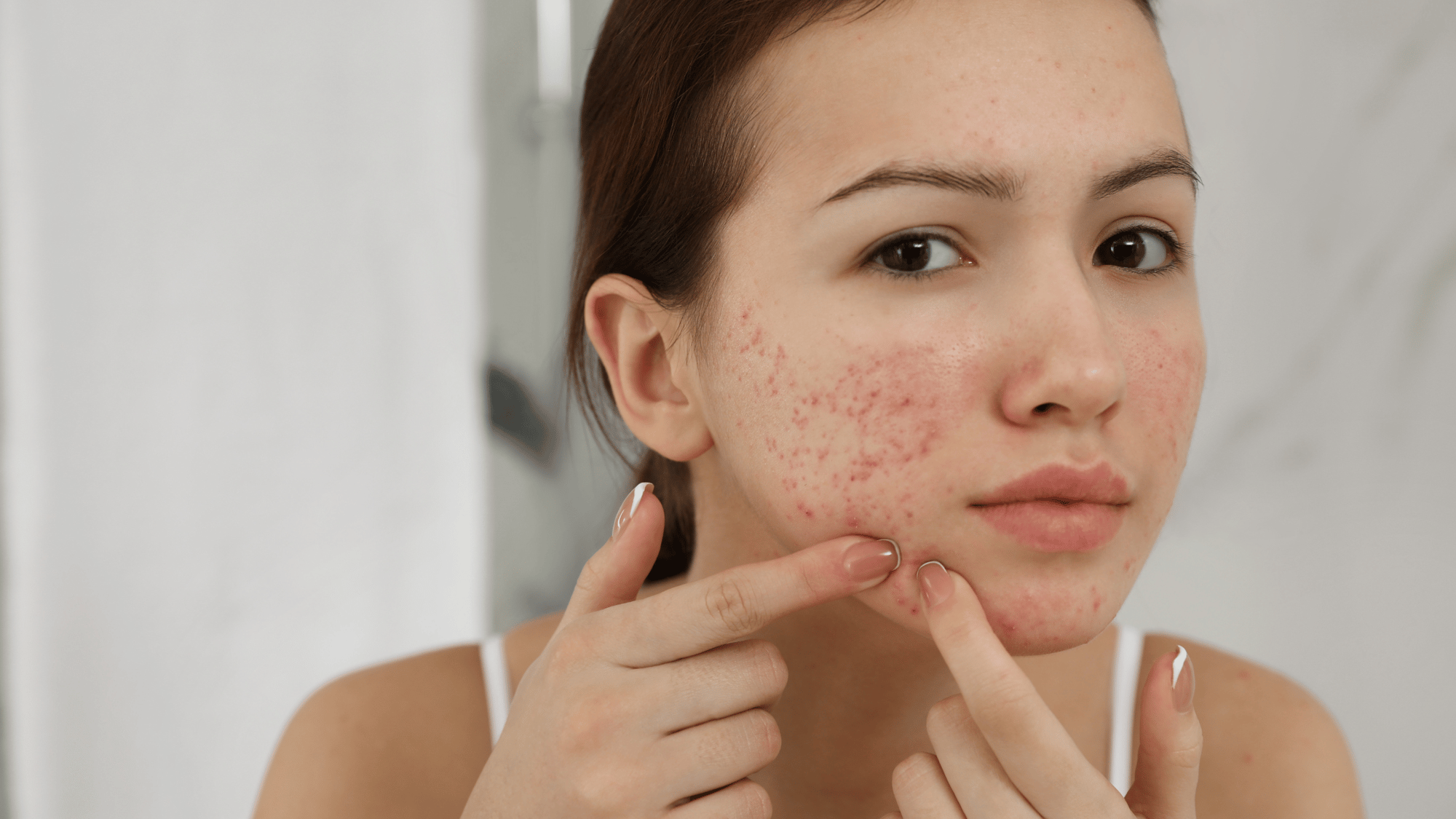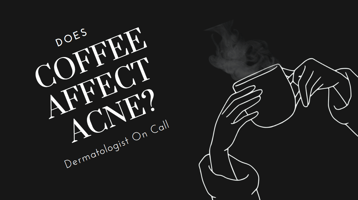
Understanding Acne

What is acne?
More than 50 million Americans have acne.
Acne is the result of clogged pores. Sebum, the oil that keeps skin moisturized, and dead skin cells plug these tiny openings in the skin. When inflamed, blackheads, whiteheads, and other types of pimples form. These can be painful and pus-filled. While it's most common among teenagers, acne can happen to anyone at any age.
How do doctors diagnose acne?
A board-certified dermatologist can determine if a patient has acne and what type of acne it is by looking at the appearance of nodules and where they are located. Different types of acne call for different treatment plans.
Additionally, the dermatologist will need to know:
- When the breakouts started.
- What the patient has used to treat their acne.
- The patient's age.
- Whether the acne is leaving dark spots or scars.
What causes acne?
Scientists are still trying to understand the underlying factors that lead to breakouts. Hormones most likely play a significant role - explaining why acne is so common in teenagers.
Additional factors include tobacco use, stress, lack of sleep, foods, using comedogenic makeup or skincare products, hair products, and genetics.
What acne treatments are available online?
DermatologistOnCall doctors may prescribe any medication they feel is clinically appropriate for a particular case of acne.
Depending on the type and severity of acne, treatment plans may include:
- Topical retinoids like tretinoin or adapalene
- Antibiotics like doxycycline, erythromycin, and clindamycin
- Benzoyl peroxide, azelaic acid, salicylic acid.
- Isotretinoin
Besides medication, what can be done to help clear up acne?
Taking a proactive role in skin health can improve the efficacy of prescription treatments and keep skin healthy after the acne has resolved.
For best results, patients should follow an acne-friendly skincare routine. This should include a cleanser, sunscreen, and moisturizer. A dermatologist can make recommendations based on skin and acne type.
Incorporating healthy eating habits, and getting plenty of sleep are excellent ways to support any prescribed regimen.


